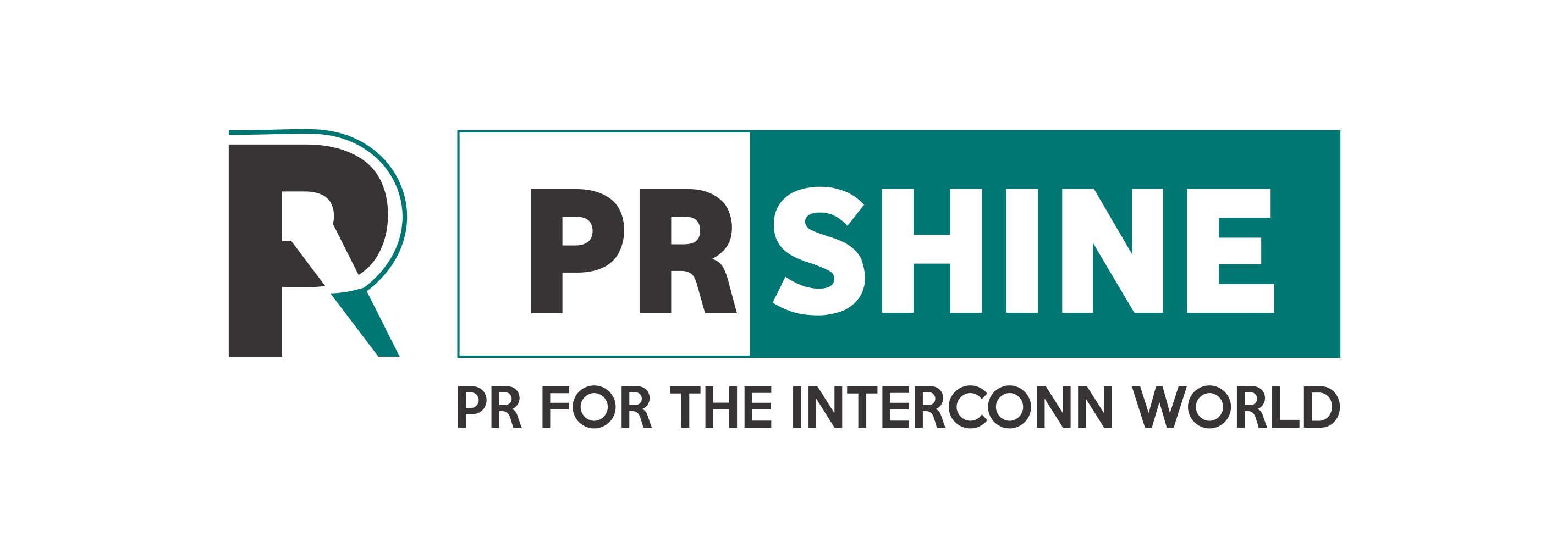How To Conduct Market Research For A Startups
Market research is the process of gathering information about customers and the market as a whole in order to determine the viability of a product or service. Interviews, surveys, focus groups, and industry data analyses are all part of market research. Market research is intended to help you better understand potential customers, how well your product or service meets their needs, and how it compares to competitors’ offerings.

Let’s Discuss Some Different Types Of Market Research Based On Your Company’s Objectives
Primary or Secondary Market Research?
Market research can be divided into two broad categories: primary and secondary. They are also known as field research and desk research, respectively.
Primary market research includes any information gathered by you (or a person/organization for whom you pay). It is concerned with examining current sales volumes, metrics, and customers. It also considers the effectiveness of current business operations as well as the competition.
Secondary research focuses on data that has already been prepared by third parties. It frequently includes reports and studies from other companies, government organisations, and other industry entities.
Online versus offline research
Both offline and online research methodologies have advantages, but the most effective market research strategies combine the two. As a result, various types of information about your target market will be revealed. Offline analysis gives you access to primary sources of information and produces more detailed results. The advantage of the online method is the ability to obtain data quickly and cheaply.
Why Is Market Research Important For Entrepreneurs?
It is prudent to conduct market research prior to launching your venture to ensure that your product or service will be well received. People in your target demographics can provide invaluable feedback as you iterate and improve your product.
Market research can also assist you in determining a pricing strategy by determining customers’ willingness to pay for your product. It can also improve the user experience by revealing which features are most important to potential customers.
Investors place a high value on thorough market research that indicates promising potential when deciding which start-ups to fund. Providing tangible evidence that your product meets a market need and demonstrating that you’ve taken the time to iterate and improve it indicate that your start-up could be a worthwhile investment.
Choose Your Market Research Method/Methods
Market research methods can be classified according to the type of data collected:
Surveys — A technique for gathering information by questioning the intended audience. Because of the variety of possible question formats and options, surveys are the most versatile and widely used.
Interviews — this market research method is more personal; it allows for more in-depth investigation and extensive communication and clarification.
Focus groups — This usually consists of a group of people in a room discussing a specific topic. There is also an organiser who moderates the discussion based on the checklist questions and attempts to glean some insights from it. This is a simple concept, but it can be difficult to carry out effectively.
Social media listening — Because of the vast amount of information available on social media, this method is especially useful. Because it is unfiltered and spontaneous, you can be certain that such information reflects exactly what a person cares about.
Observation — This research technique is well-known. It entails observing members of the target audience in their natural environment (for example, video recording in a shop).
The majority of startup owners concentrate on one or more research options. The method you choose will be determined by your budget and time constraints.
When Should Start-ups Conduct Market Research
Startups do not have much room for error. They do not have the resources or goodwill to continue. As a result, new businesses should conduct market research as soon as possible. It enables businesses to test product ideas, adjust their focus as needed, and save resources from the start. Market research in the early stages of a business also helps to showcase your business’s interest and attract funding from investors. After a successful launch, start-ups can continue to conduct market research to gauge market response and introduce new products.
How to Do Market Research for a Start-up or Small Business
Everyone finds market research to be a time-consuming task. However, with limited funding and a limited runway, small startups rarely have millions to invest in a thorough industry analysis.
While a research deep-dive is undoubtedly worthwhile at some point, relevant and applicable insights can frequently be gleaned from high-level, preliminary research as a starting point.
Here’s a quick seven-step guide to teaching you the fundamentals of conducting market research for a start-up:
- Establish your overall goal
First and foremost, make sure to clearly articulate the rationale for the research you’re planning. Consider the most important information you’re looking for and how you’ll use your findings. What problem did you hope to solve through research? What are the findings going to be used for? Is it something you’ll do on the inside or something you’ll do on the outside?
These questions will assist you in developing your overall goal. This overarching research goal should serve as the “North Star” that guides the research process and keeps everyone on the same page as you develop and implement your research strategy.
- Choose a Research Approach
The two most common approaches for market research are secondary and primary.
Secondary Research
The job of secondary research is to sift through the available material and locate data that corresponds to the specific research topic. Answers to research questions are generally already available online—through news sources, published books, journals, and other places.
Primary Research
Primary research focuses on gathering new data and finding answers to previously unasked questions. Because primary research is often more time-consuming and expensive, it is in the best interests of an organisation to conduct primary research only when gaps in existing secondary research have been identified.
- Acquire data on your target audience
Once you’ve determined your overarching research goal and preferred method of data collection, it’s time to dig deeper into your target audience. Understanding your target audience can assist you in determining the best approach to secondary and primary research.
Consider where your target audience is, what they’re interacting with — or where you can learn more about them — and how you can reach them. To gain the necessary knowledge of the target market, it is recommended that you seek the assistance of industry professionals, read relevant market data, and keep an eye on market trends. It’s time to start crafting your research questions once you’ve determined the type of research you’ll be conducting and the audience you’ll be targeting.
- Formulate Your Research Questions
The value of your research can be made or broken by asking the right questions. The right questions can help to inform your overall strategy, but the wrong questions can derail your research and diminish its overall value.
Here are some preliminary questions to ask your internal team to get you thinking about how to formulate research questions for your target audience:
- Who are your competitors?
- What are the market values of your direct and indirect competitors?
- What sets your service apart from the competition?
- What is the scope of your service/product in the target market?
- What are the current market conditions?
- What are your target market’s purchasing habits?
- Choose the Right Tools for the Job
Data analysis takes a long time. However, gathering information is only the first step; effectively evaluating it is also critical. Data collection and evaluation are both critical to the success of any research, so having the right tools on hand is essential.
- Analyze the data
After gathering your primary and/or secondary data, it’s time to slice and dice your research findings to extract relevant and applicable business insights. The good news is that there are numerous data collection and analysis tools (such as those listed above) that can assist you in collecting and analysing data. That being said, this part of the process is not going to be easy.
Data analysis is frequently a manual process that includes compiling and sifting through collected data, annotating videos, taking notes, dissecting survey responses, and other activities. Again, it’s critical to refer to your research’s overarching goal, especially at this stage, to ensure you’re paying attention to the most relevant information that will best serve you. It’s often helpful to begin by noting common themes and trends, and then determining how those trends can help you sort through the data more effectively.
- Act on the data
Once you’ve sifted through the data, it’s a good idea to create a research brief or report that includes both a high-level findings summary and a deep dive into your methodology, data, key findings, etc. This will help organize your findings in a succinct and clear way, enabling other team members to reference and apply findings to inform the overall company direction and specific strategy decisions.
Conclusion:
Startups have to create a strong impact to position and sustain themselves in the market. Market research helps startups gain information from the market and prepare the best strategies for their launch. If you are a startup looking for a skilled business research partner, look no further than Spade survey. We are one of the top market research companies with proven expertise in conducting business market research for a variety of industries on a global scale. We offer in-depth B2C and B2B market research services with the support of experienced business panels. To learn more about our market research consulting services, Contact our team to receive a quote for a market research project Email-id:rfq@spadesurvey.com












